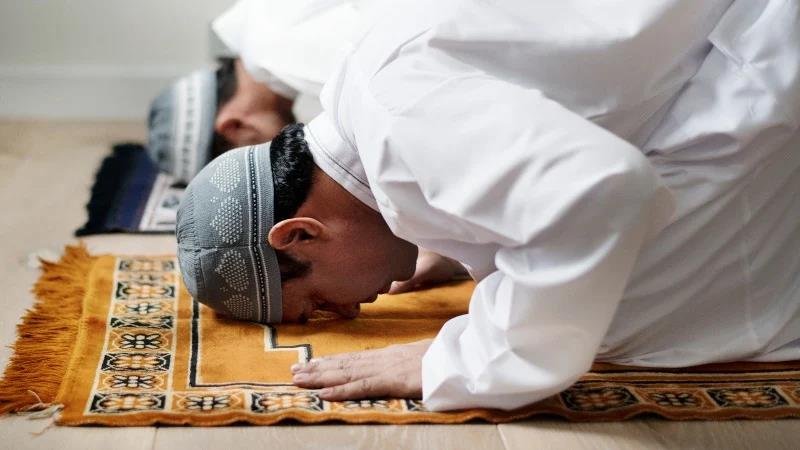Supporting Muslim Students During Ramadan: Consideration for Schools and Community-Based Organizations
Ramadan is a sacred month for Muslims, marked by fasting from dawn to sunset, increased prayer, and spiritual reflection. This year, Ramadan begins in the evening on Friday, February 28, 2025, and ends on Saturday, March 29, 2025.
Schools and community-based organizations (CBOs) can foster a welcoming environment by accommodating Muslim students and community members during this time. Here are some suggestions for preparing and supporting students who are observing Ramadan.
1. Designating Spaces for Daily Prayer
Muslims pray five times daily, with some of these prayers falling within school or work hours. To accommodate this:
Provide a quiet, clean, and private space for prayer (i.e. office space, conference room, empty classroom). If possible, provide prayer rugs or a space for students to store their own.
Provide separate prayer spaces for girls and boys.
Prayer usually takes between 10-15 minutes. Allow students and staff reasonable time to pray without academic or professional repercussions.
The five daily prayers are performed at the following times:
Fajr: before sunrise
Dhuhr: noon
Asr: late afternoon
Maghrib: at sunset
Isha: between sunset and midnight
2. Providing Spaces for Wudu (Ablution)
Wudu, or ritual purification/cleaning, is required before Muslims perform their prayers. Schools and CBOs can take the following steps to facilitate this:
Designate restroom where students can wash their face, hands, neck, and feet.
3. Accommodating Friday Congregational Prayer (Jumu’ah)
Jumu’ah, the congregational prayer on early Friday afternoons, is particularly important for Muslims. Schools and CBOs can support this by:
Allowing students and staff to attend Jumu’ah prayer without penalty.
Designating a large, quiet room or gymnasium for the congregation.
Have a Muslim adult staff member, student, or local mosque or Muslim organization facilitate prayer.
4. Organizing Iftar Gatherings
Iftar is the meal that breaks the fast at sunset. Schools and CBOs can strengthen community ties by hosting Iftar gatherings:
Plan community Iftars where students, staff, and families can come together.
Offer culturally appropriate and halal food options.
Encourage interfaith engagement by inviting non-Muslim students and staff to participate.
5. Educating Staff and Students About Ramadan
Building awareness about Ramadan fosters an inclusive and supportive environment. Schools and CBOs can:
Offer professional development for educators on religious accommodations.
Include information about Ramadan in school newsletters and announcements.
Encourage respectful dialogue and peer support for fasting students.
6. Adjusting Physical Activities and Scheduling Considerations
Fasting students may experience lower energy levels, especially later in the day. Schools can help by:
Offering modified physical education activities.
Being flexible with test schedules, ensuring students are not required to take exams at peak fasting hours.
Conclusion
By proactively planning for Ramadan, schools and CBOs create a welcoming environment for Muslim students, staff, and community members. Thoughtful accommodations ensure that individuals observing Ramadan can fully participate in both their education and religious practices without unnecessary hardship. Inclusivity fosters a sense of belonging and strengthens community connections for everyone involved.




